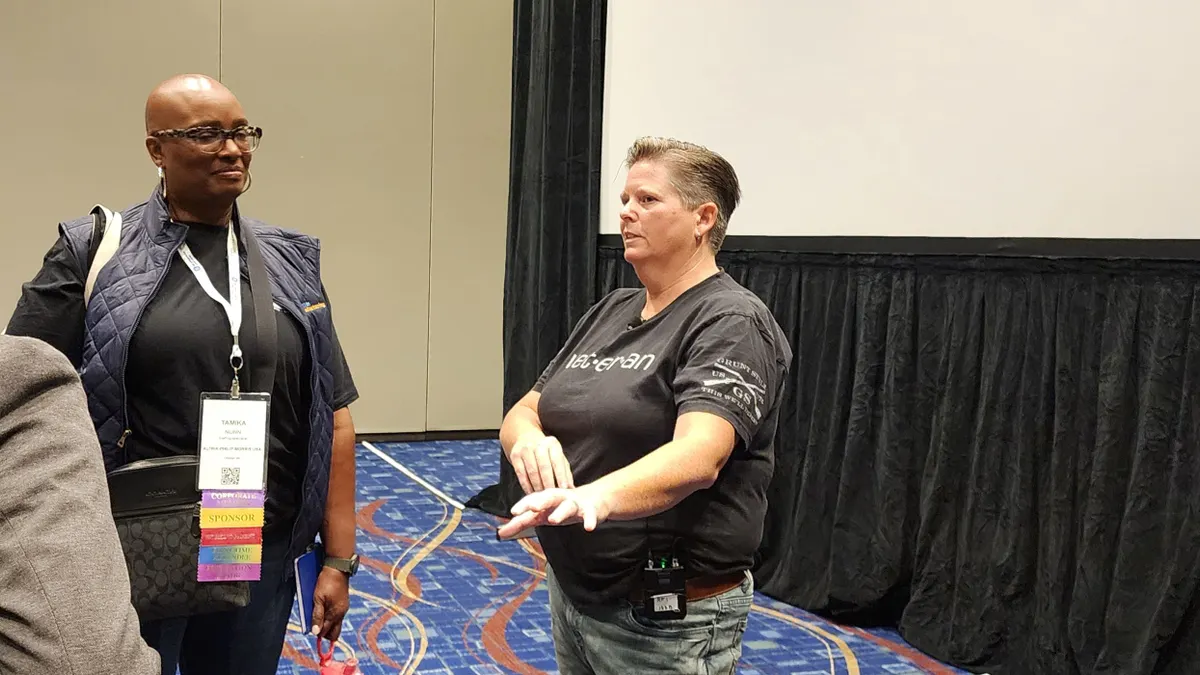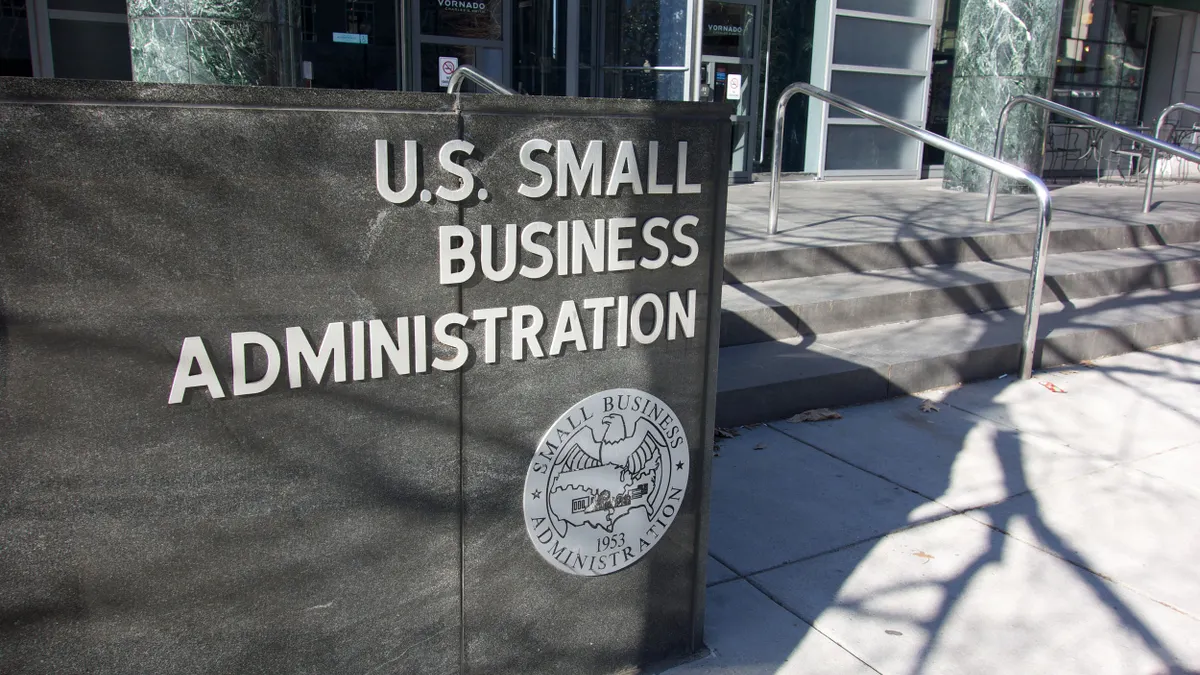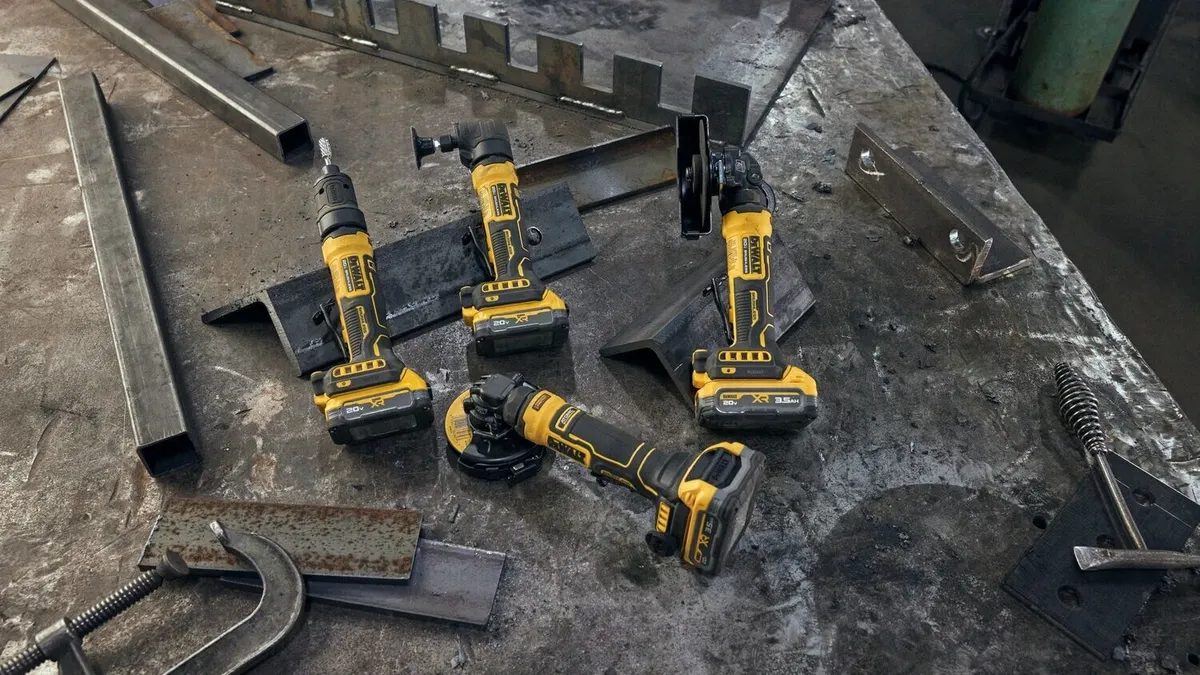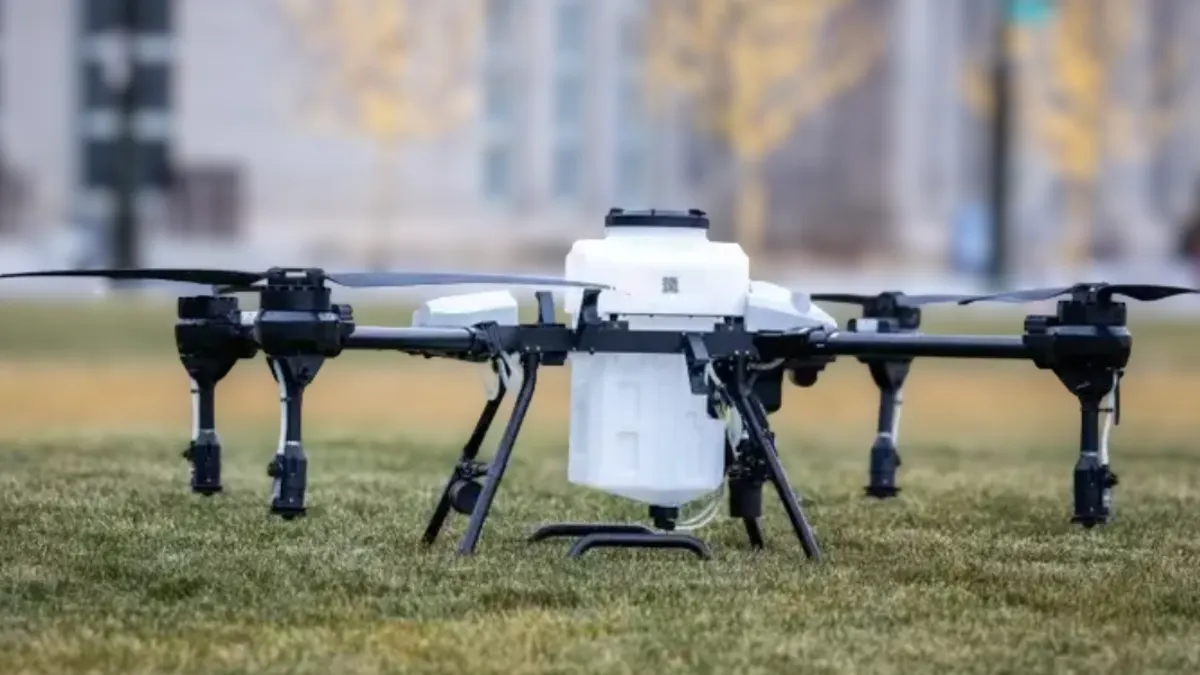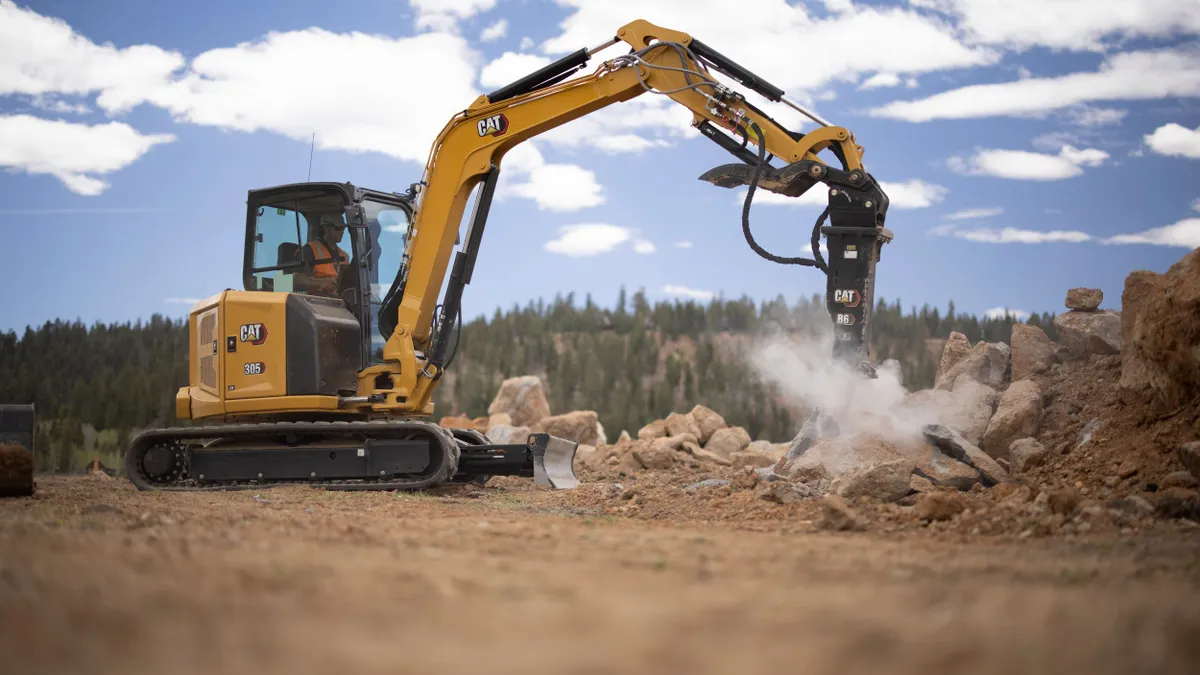Marine Corps veteran Kelly Harris was hesitant about making the move to management.
Harris worked as an operations technician at the Air Products plant in Decatur, Alabama. During her time there, a manager told her he would spend two hours a day training her and began teaching her how to do the budget, run projects, make changes and implement continuous improvement projects.
“I’m an operator, I’m hourly, and I’m not going to be management,” she said in her remarks at the Women in Manufacturing Summit in Chicago last month.
A few years later, Air Products reached out to Harris and offered her a manager position at its air separation unit in New Johnsonville, Tennessee, or as she called it, “the dark side.”
Harris said plant employees sometimes use this term because they view management as out of touch with what workers do daily, she added. “The biggest belief, not perception,” she said, is that employees look at their manager and think the manager doesn’t respect the worker’s knowledge of the process.
Harris struggled with the idea of moving to management, so she called her friends who worked at other plants for advice.
“‘Think about it. You’re one of us, and you're going to go to management,’” Harris recalled her friends telling her. “‘You understand us. You know where we came from, and know what we’re doing and you can change it.’”
So Harris made the jump. She later transferred to Chandler, Arizona, where Air Products’ largest U.S. facility is located. Harris served as the site manager and, most recently, was promoted to become the company’s Arizona operational manager.
The manufacturing industry employs 13.3% of military veterans compared to 8.9% of nonveterans in 2024, according to a Rand report released Nov. 4. Additionally, manufacturing is one of the industries veterans are more likely to work in, as the sector might align with skills gained during military service.
Harris spoke with Manufacturing Dive about how the Marines helped shape her career and how veterans can pursue a job in manufacturing.
This interview has been edited for clarity and brevity
MANUFACTURING DIVE: You mentioned at WiM you needed a change and joined the Marine Corps. Of all the military branches, why did you choose the Marine Corps?
KELLY HARRIS: I wanted the most discipline I could possibly get. I knew that I had an issue with discipline. The Marine Corps, I think offered that more to me than just following the rules. It offered a chance for me to develop self-discipline.
How did your Marine Corps experience help you with your career?
That self-discipline definitely helped. It’s the coming to work, wanting to be here, showing up, even when it’s hard, that helps.
The leadership part that helped me, which I didn’t realize until probably about six to eight months ago, was that the Marine Corps doesn’t just teach you to follow directions and follow orders. The Marine Corps teaches you to make decisions and challenge bad decisions. Sometimes it doesn’t always win me friends, but I definitely make decisions in a quick manner that are the best for everyone in the group, not just myself but usually for my employees and the company.
But the biggest thing is that I challenge bad ideas, especially when they come down the chain. I don’t want to put my employees in a bad position. [I] challenge those things and say, “I’m not sure that that’s the best course of action,” and the Marine Corps gave me that strength.
So in my experience, I think one of the best things I’ve ever done in leadership, and sometimes it’s very hard, and sometimes I get a lot of grief for it, is that I’m able to challenge those things that I feel like are not good for the people and not good for the company.
How do you think military veterans bring value to manufacturing?
You bring in that ability to learn, the ability to take direction, the openness to sometimes be wrong. The military does an excellent job of showing you that you’re not always going to be right, and you have to accept that there are other people out there who can teach you things and you can learn things.
The military [veteran] comes in with that willingness to accept that they may not know and they need to learn it and that’s a huge benefit for people who come into this place. You can’t just walk in instinctively knowing how a plant runs or how a piece of machinery runs; there’s a learning to it.
Not only that, because it’s life and death in the military, right? We have to be able to understand how we do things, and they bring that over into this industry, which sometimes, in the chemical industry or manufacturing industry, are the same types of life and death situations when it comes to safety and our responsibility to the public.
For veterans leaving the military, how can they start a career in manufacturing?
First I’d say, learn how the military skills that you learned translate to a civilian workforce. If you were a mechanic, talk about troubleshooting and wrenches and the things that you had to do. [Employers] may not understand the equipment, but they understand the basic concepts behind it, and you want to make sure you translate that over.
There’s not a job I think that I haven’t looked at in the military and said, “Hey, we have one of those in these industries,” so most of that translates. If you're an avionics person, that translates directly over.
Obviously, if you’re going to go into manufacturing like at Boeing, you need to go get that [airframe and powerplant] license.
How can military veterans go about getting those skills?
We work with the [Department of Veterans Affairs], and we have an apprenticeship program. So if you come straight out of the military for Air Products, and I know there are a few other places that do it, we’ll bring you on the job, and we pay you on the job and you use your GI bill at the same time. It’s almost like going through a community college-type program. I would ask the company if they offer that program.
Any other advice for veterans looking to get into manufacturing?
When I first thought about coming into this industry, I had no idea that it was a career. I grew up in a town that was filled with industry. We had International Paper, Monsanto, we had Air Products. We had all these companies, and at no point did someone come into my high school class, or even when I got out of the military and said, “This is a really good job for you. This is a career.”
And I think a lot of times we look at these jobs, and we’re like, “Oh, that’s a terrible job.” But I can tell you right now, every person I’ve ever put in one of these jobs has told me it’s life-changing for them. It’s life-changing because of the amount of money you can make. And it's also life-changing, because it's a lifetime career.
I think more military people need to look at it as an option. The average operations person makes anywhere from $75,000 to $125,000 a year, and that’s an hourly operator without overtime.
I have professional operators, and they will be operators for the next 30 years, because it is a career, and they’re very good at what they do. They don’t have to be a leader. But the other thing is, once you have that experience and that background in the military, that jump to leadership is very easy.


